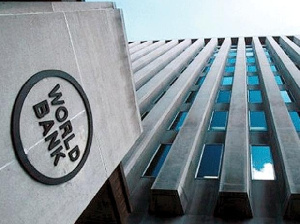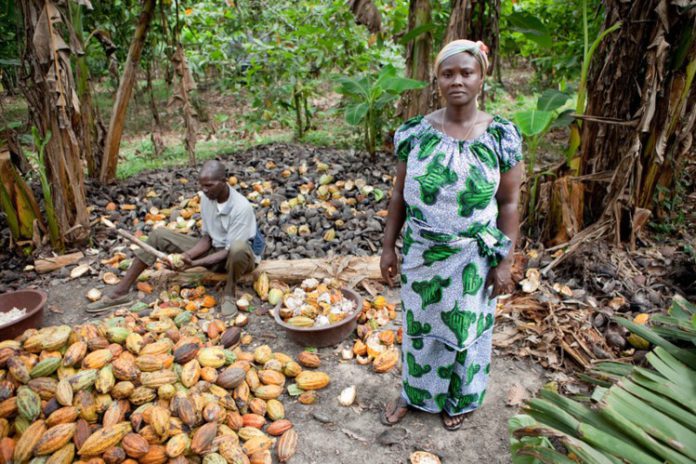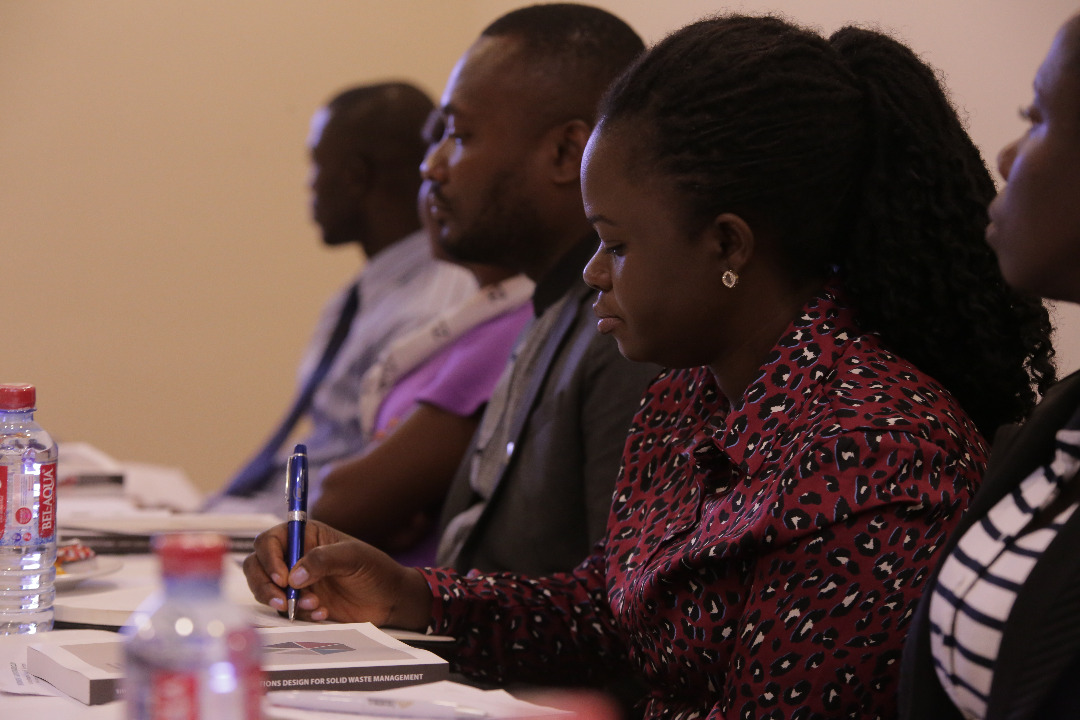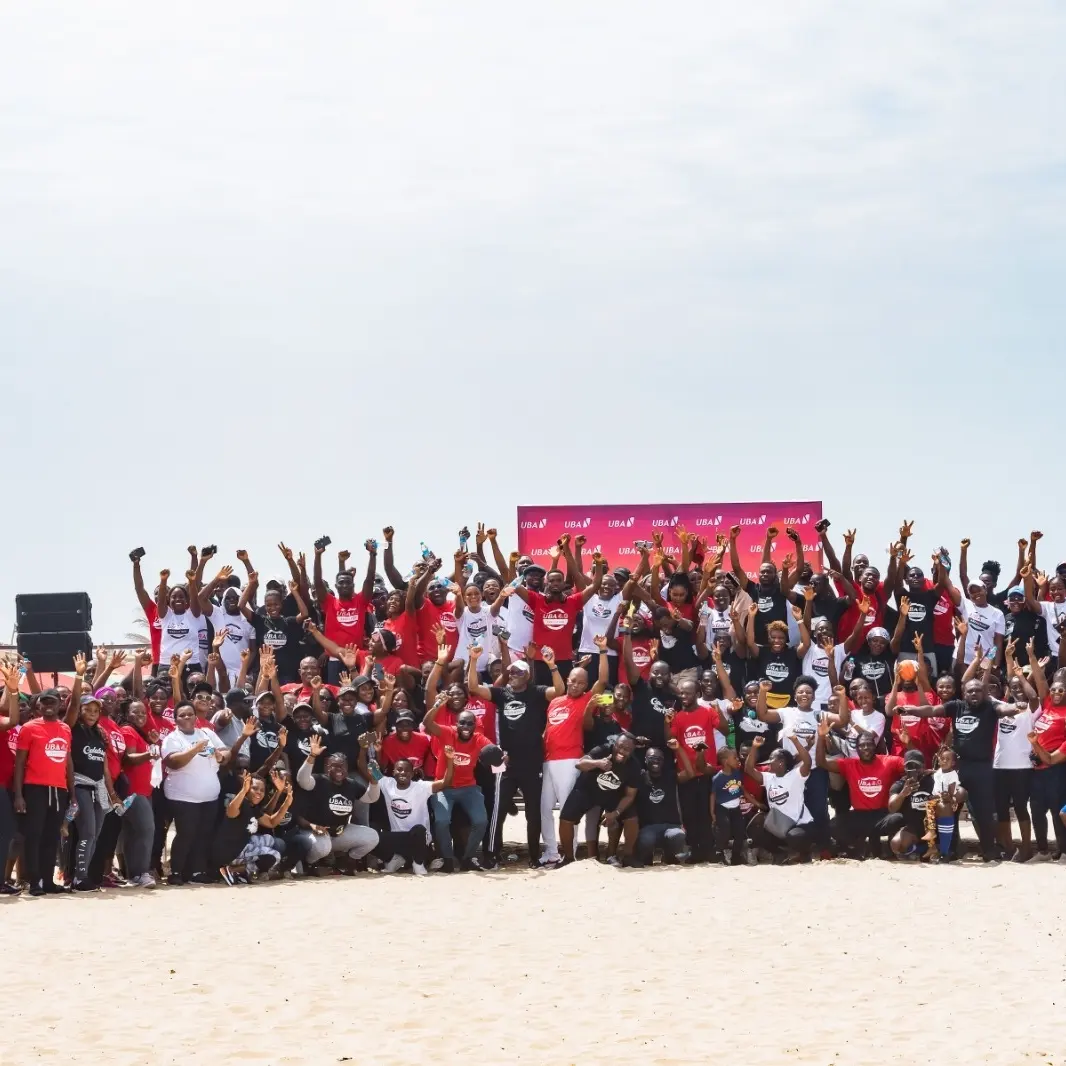World Bank warns Ghana to curb its fiscal deficit

The World Bank has warned African countries, Ghana inclusive to spend wisely and implement innovative strategies which will broaden the tax net to capture every income-generating activity in order to close the vast fiscal gap induced by the pandemic – adding that the situation has further heightened the country’s risk of debt distress.
While official data from the Bank of Ghana put Ghana’s public debt at 68.3 percent of Gross Domestic Product – which is just below the generally accepted debt sustainability threshold of 70 percent, this has been computed based on an assumed 6.8 percent growth rate for 2020. Based on the revised growth rate of between 0.9 percent and 2.5 percent – depending on whose forecasts are being used – the public debt to GDP ratio is already above that threshold.
In its Africa’s Pulse report (October 2020), the Bretton Woods institution noted that Ghana is among the countries which are expected to see fiscal deficit increase significantly to hit double-digits by the end of 2020, due to loss of revenue and increased spending. This, the bank says, will further shoot-up public debt in the year. Worryingly, more than half of this is now foreign debt, which means foreign currency exposure, since government adopted a deliberate strategy of trying to avoid crowding the local private sector out of the domestic money market as it had to ramp up public fiscal deficit financing.
Meanwhile, revenue mobilisation in first-half of the year fell short of its target by 26 percent, resulting mainly from shortfalls in oil revenue, Customs receipts and non-oil Non-Tax revenues. Total Revenue and Grants for the period amounted to GH¢22billion, compared with a programmed target of GH¢29.7billion.
By August the fiscal deficit had climbed to 7.4 percent of GDP, which is higher than the target of 7.2 percent for that time. With elections approaching government has already begun to make significant unbudgeted expenditures, some aimed at wooing voters. Some analysts predict that the fiscal deficit for 2020 will exceed 12 percent of GDP, a long term record high
For this reason, the World Bank has proposed a raft of measures which include prudent spending, digitalising the tax system to capture all economic activity, and ensuring State Owned Enterprises (SOEs) are not abusing resources, among others, to address this situation.
“Broadening the tax base can build up fiscal space by raising government revenues. The insertion of digital tools into public administration may help expand the set of taxpayers, reduce costs, and improve tax performance. Governments can better identify taxpayers by issuing digital IDs.
“They can also establish online platforms for e-filing and e-payments of taxes and import duties. Digital technologies help strengthen tax administration by lowering transaction costs and allowing innovation in tax policy. Digital tax administration may reduce tax evasion and fraud.
“Fiscal authorities need to spend their resources efficiently by cutting non-essential outlays and re-prioritising spending while maximising the impact of such expenditure on economic activity – thus creating fiscal space. Curbing unnecessary spending includes terminating ghost-workers and avoiding permanent increases in public salaries,” the report stated.
It added: “Improving the performance of state-owned enterprises (SOEs) also involves cutting unnecessary costs in public expenditures. Amid widened deficits and high debt vulnerabilities, it is imperative for SOEs to use public resources efficiently. In this context, several actions can be undertaken to improve SOE performance.
“One, periodic reviews of SOEs to assess the amount and quality of the goods/services supplied; (2) provision of the right incentives to boost managers’ performance and the capacity of government agencies to improve SOE oversight; and (3) a level playing field for SOEs and private firms to foster greater productivity and avoid protectionism (that is, by limiting special treatment for SOEs).”
Source: Goldstreet Business





